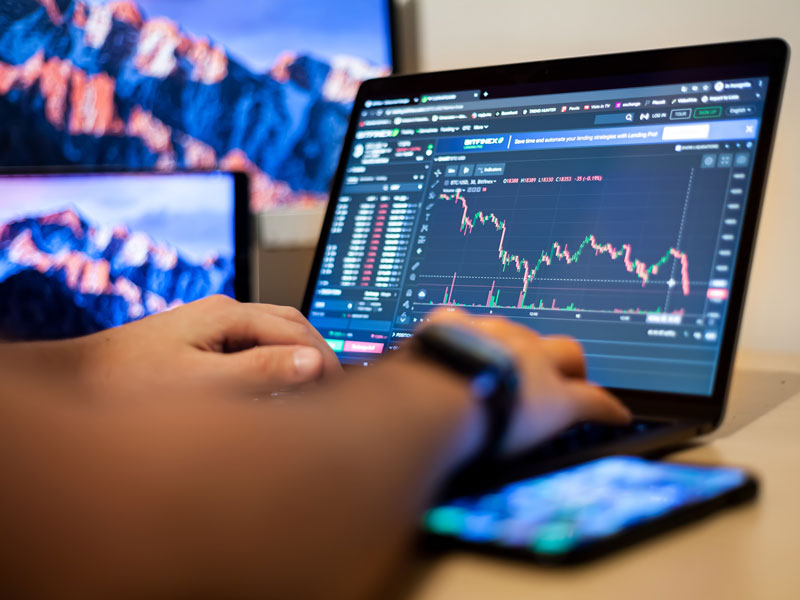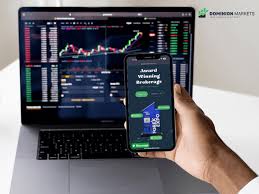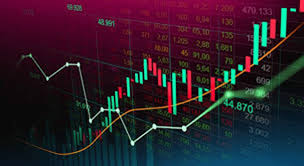Understanding Forex Trading Brokers A Comprehensive Guide 1910309266

Understanding Forex Trading Brokers: A Comprehensive Guide
The Forex (foreign exchange) market is the largest financial market in the world, where currencies are traded in pairs. At the heart of this trading system are Forex trading brokers, who act as intermediaries between traders and the interbank system. Selecting the right broker can greatly influence your success in Forex trading. In this article, we will explore the roles of Forex brokers, the different types available, and essential factors to consider when choosing a broker. If you’re looking to start your trading journey, consider visiting forex trading broker ex-zar.com for more information.
What is a Forex Trading Broker?
A Forex trading broker is a firm that provides access to a trading platform for buying and selling foreign currencies. These brokers facilitate trades by connecting traders to the Forex market, allowing them to buy one currency while selling another. Forex brokers offer various services, including market analysis, trading education, and customer support, to help traders navigate the complexities of the Forex market.
The Role of Forex Brokers
The primary role of Forex brokers is to facilitate currency trading. They do this by providing a trading platform where clients can execute their trades easily. In addition to this primary function, Forex brokers perform several other essential tasks, including:
- Providing Market Access: Brokers connect traders to the Forex market, ensuring they can trade at any time and from anywhere in the world.
- Offering Leverage: Many brokers provide leverage, allowing traders to control larger positions than they could with their own capital alone. This can amplify profits but also increases risk.
- Executing Trades: Brokers execute trades on behalf of their clients. The speed and efficiency of this execution can significantly impact trading results.
- Providing Trading Tools and Resources: Good brokers offer trading platforms equipped with charts, indicators, and other analytical tools to help traders make informed decisions.
- Customer Support: Many brokers provide customer support, helping traders with technical issues, account inquiries, and trading strategies.
Types of Forex Brokers
Forex brokers can be classified into different categories based on their execution model and other services. The most common types of Forex brokers are:
1. Market Makers
Market makers create a market for traders by providing liquidity. They set buy and sell prices and profit from the spread between these prices. This type of broker can be ideal for beginners due to their fixed spreads and user-friendly platforms.

2. ECN Brokers
Electronic Communication Network (ECN) brokers connect traders directly to the interbank market. They offer tighter spreads and greater transparency, making them suitable for experienced traders. ECN brokers usually charge a commission for each trade.
3. STP Brokers
Straight Through Processing (STP) brokers send orders directly to liquidity providers without any intervention. This type of broker offers variable spreads but ensures quicker execution of trades. STP brokers are a middle ground between market makers and ECN brokers.
4. DMA Brokers
Direct Market Access (DMA) brokers allow clients to trade directly on the market without intermediaries. This can reduce costs and increase speed but is typically recommended for professional traders due to its complexity.
Key Factors to Consider When Choosing a Forex Broker
Selecting the right Forex broker is crucial for your trading success. Here are essential factors to consider:
1. Regulation
Choose a broker that is regulated by reputable authorities. Regulation helps ensure that the broker operates transparently and follows the necessary guidelines to protect traders’ funds.
2. Trading Costs

Examine the trading costs associated with the broker, such as spreads, commissions, and other fees. Low trading costs can significantly affect your profitability over time.
3. Leverage
Different brokers offer varying levels of leverage. While higher leverage can amplify profits, it also increases risk. Choose a leverage level that matches your risk tolerance and trading strategy.
4. Trading Platform
The trading platform should be user-friendly, reliable, and equipped with necessary features like charting tools, indicators, and real-time data. Popular platforms include MetaTrader 4, MetaTrader 5, and cTrader.
5. Customer Support
Robust customer support is essential, especially for new traders. Ensure the broker offers multiple channels for support and that their customer service is responsive and knowledgeable.
6. Account Types
Many brokers offer multiple account types tailored to different traders, from beginners to experienced professionals. Choose a broker that provides an account type suitable for your trading style and capital.
Conclusion
Choosing the right Forex trading broker is one of the most critical steps in your trading journey. Understanding the roles, types, and selection criteria for brokers can help you make an informed decision. Whether you are a beginner or an experienced trader, finding a broker that aligns with your needs and trading strategies is vital for achieving success in the Forex market. Always do thorough research and consider using demo accounts to test platforms before committing real capital.

